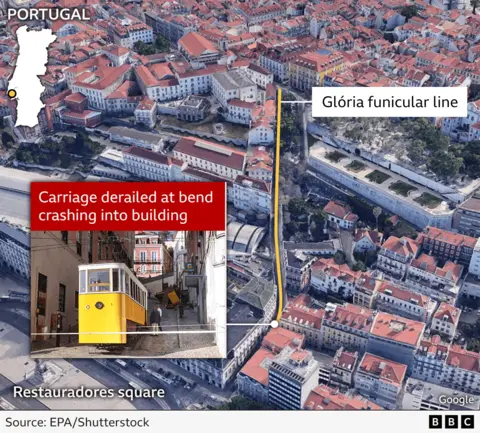The recent monumental power cut affecting Spain, Portugal, and portions of France has officially been attributed to an occurrence that is still under investigation, with Spain’s Red Eléctrica ruling out a cyber attack. The operator's operations director, Eduardo Prieto, indicated that there was "no kind of interference in the control systems," a sentiment echoed by Portuguese Prime Minister Luís Montenegro.
Spain's Prime Minister Pedro Sánchez emphasized the ongoing investigation, urging officials to identify the root cause while assuring the public that preventive measures would be taken to avoid similar incidents. Preliminary discussions have suggested multiple factors might have contributed to the issue, which left millions without power.
Initial speculation pointed towards renewable energy sources, as Sánchez noted a sudden loss of 15GW of power—representing 60% of current demand—during a particularly volatile moment. Prieto mentioned two disconnection events occurring almost simultaneously in an area known for significant solar energy production. This raised concerns about potential mismatches in electricity supply and demand, which can destabilize the grid temporarily.
However, Sánchez dismissed the notion that excessive reliance on renewables was to blame for the failure, stating there was adequate supply, and demand remained normal prior to the blackout. Experts have weighed in, suggesting that unexpected fluctuations in electricity supply could have prompted the rapid disconnection of multiple systems, leading to a cascading blackout as power companies attempted to protect their equipment from damaging frequency changes.
Contributing to the complexity of the event is Spain’s connection with France, which relies on a few interconnection lines through the Pyrenees, making it susceptible to systemic failures. The operator Red Eléctrica noted that the drop in power could have caused the grid interconnection with France to trip.
The investigation into a supposed rare atmospheric event causing the blackout has also been dismissed by Portugal's grid operator, which initially floated the idea of oscillations in high voltage lines due to extreme temperature changes in Spain. Subsequent clarifications indicated that the agency had not released such statements, leaving questions unanswered about the overall cause.
As officials continue to sift through data and review potential scenarios, the hope is to prevent future disruptions of this magnitude while ensuring a stable and reliable power supply across the region.
Spain's Prime Minister Pedro Sánchez emphasized the ongoing investigation, urging officials to identify the root cause while assuring the public that preventive measures would be taken to avoid similar incidents. Preliminary discussions have suggested multiple factors might have contributed to the issue, which left millions without power.
Initial speculation pointed towards renewable energy sources, as Sánchez noted a sudden loss of 15GW of power—representing 60% of current demand—during a particularly volatile moment. Prieto mentioned two disconnection events occurring almost simultaneously in an area known for significant solar energy production. This raised concerns about potential mismatches in electricity supply and demand, which can destabilize the grid temporarily.
However, Sánchez dismissed the notion that excessive reliance on renewables was to blame for the failure, stating there was adequate supply, and demand remained normal prior to the blackout. Experts have weighed in, suggesting that unexpected fluctuations in electricity supply could have prompted the rapid disconnection of multiple systems, leading to a cascading blackout as power companies attempted to protect their equipment from damaging frequency changes.
Contributing to the complexity of the event is Spain’s connection with France, which relies on a few interconnection lines through the Pyrenees, making it susceptible to systemic failures. The operator Red Eléctrica noted that the drop in power could have caused the grid interconnection with France to trip.
The investigation into a supposed rare atmospheric event causing the blackout has also been dismissed by Portugal's grid operator, which initially floated the idea of oscillations in high voltage lines due to extreme temperature changes in Spain. Subsequent clarifications indicated that the agency had not released such statements, leaving questions unanswered about the overall cause.
As officials continue to sift through data and review potential scenarios, the hope is to prevent future disruptions of this magnitude while ensuring a stable and reliable power supply across the region.




















